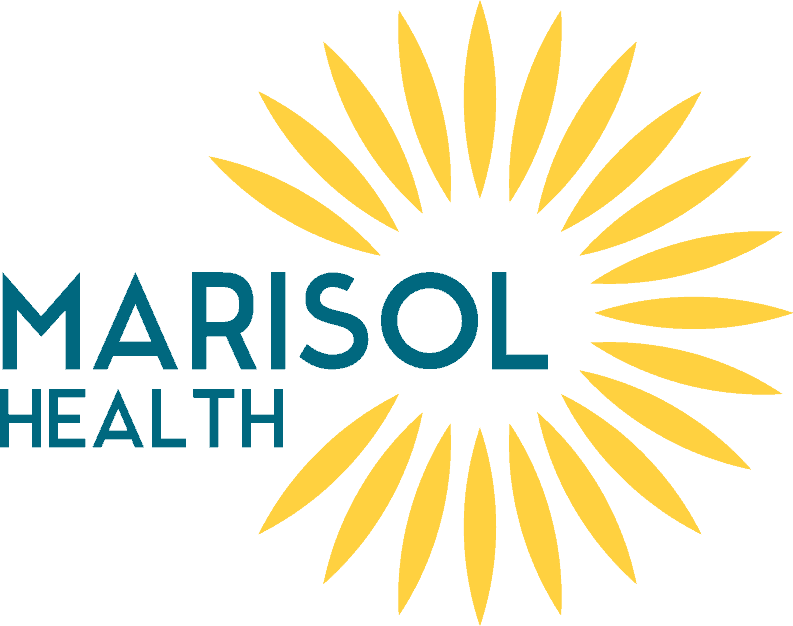What You Need to Know About Early Miscarriages

The first few weeks of pregnancy can be a confusing time. Some women experience no symptoms and wonder if they’re even pregnant. Other women experience light spotting and cramping, so they worry about a miscarriage. If you’re unexpectedly pregnant and considering your options, you should know as much as you can about your pregnancy and the potential for miscarriages.
What is a miscarriage?
A miscarriage is the unexpected ending of a pregnancy before 20 weeks. Medical professionals may refer to a miscarriage as a “spontaneous abortion.”
How often do miscarriages happen?
At least 10-20% of known pregnancies end in a miscarriage. Almost 80% of miscarriages occur in the first three months of pregnancy. Medical professionals estimate that the frequency of miscarriages could be higher as some women miscarry before they realize that they’re pregnant.
Can stress or drinking alcohol cause a miscarriage?
Most miscarriages occur due to causes outside of a woman’s control. Over 50% of miscarriages occur because an embryo has too many chromosomes or not enough chromosomes. In other cases, a miscarriage could be caused by an infection, hormonal imbalance, uterine abnormalities, certain medications, and substance use.
Research shows that a woman who stops drinking or smoking as soon as she finds out that she is pregnant has a significantly lower chance of miscarrying than if she were to continue. Furthermore, research affirms that stress, exercise, sexual activity, and prolonged use of birth control do not cause miscarriage.
What does it feel like to have a miscarriage?
During a miscarriage, cramping can be mild to severe. In many cases, the pain gets progressively worse. Light to heavy bleeding often accompanies cramping and may contain some clots.
Not all cramps or abdominal pain indicate a miscarriage. In fact, some women experience cramping that comes and goes during the first trimester but have a healthy pregnancy. So, speak with your healthcare provider about any cramping or spotting you’ve experienced. If you are experiencing severe pain or heavy bleeding, you should seek medical care immediately!
How are miscarriages diagnosed?
Healthcare teams use ultrasounds, blood work (a hormone level called hCG), and a pelvic exam to evaluate for a miscarriage. You can continue to have a positive home pregnancy test for 2-4 weeks after a miscarriage.
If I’m miscarrying, should I still have an abortion?
If you’re concerned about a miscarriage, you should first seek treatment. If the pregnancy has not progressed or is no longer viable, then you may need other medical care such as a D&C. So, clinicians often recommend women receive an ultrasound before obtaining an abortion, in order to ensure the pregnancy is viable.
How quickly can I get pregnant after a miscarriage?
After a diagnosed miscarriage, most women can get pregnant after they’ve had one more normal menstrual period. However, there’s always the possibility that a woman will ovulate shortly after miscarrying.
Free Pregnancy Services in Denver, CO
Navigating an unexpected pregnancy can be stressful. When the possibility of miscarriage arises, it becomes that much harder. Get professional, confidential care and emotional support at Marisol Health.
We want to support you no matter what you’re feeling, and to provide you with all of the information you need. We offer free ultrasounds and a safe place to express your emotions. Our compassionate team is here for you, each step of the way. Call us today for a free, confidential appointment at 303-731-6130 or make an appointment online.
